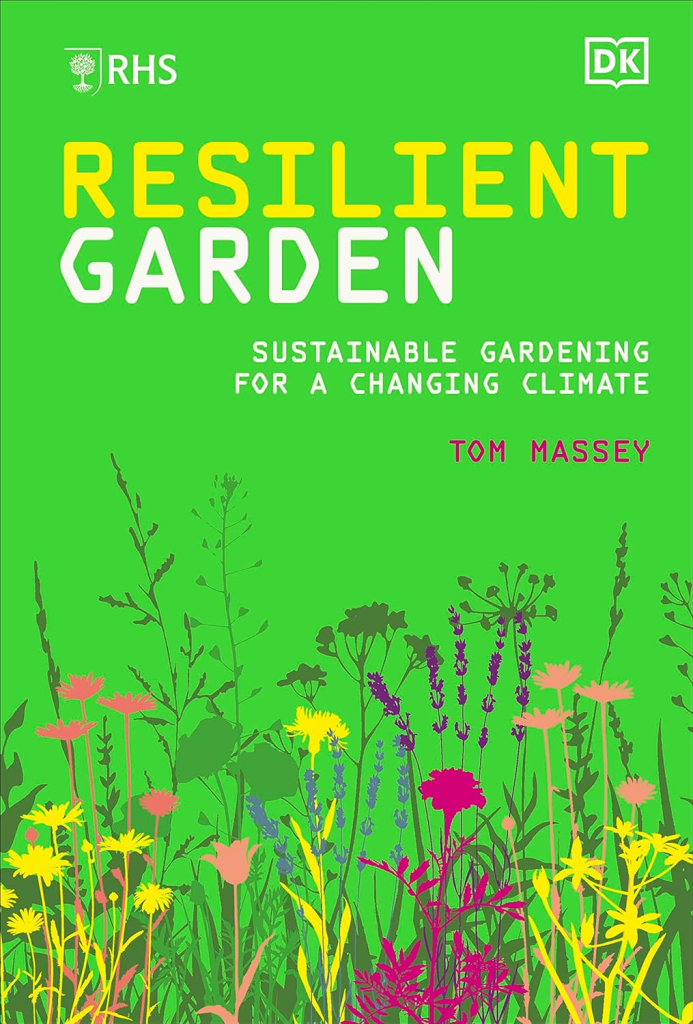The Royal Horticultural Society (RHS) is championing eco-friendly gardening with a detailed guide on how to embrace a plastic-free approach in your garden. As environmental concerns become increasingly paramount, the RHS offers a wealth of insights for individuals seeking sustainable practices for their green spaces.
One key aspect highlighted is the importance of opting for plastic-free alternatives. From seed trays to pots, the guide suggests exploring biodegradable or reusable options, reducing the reliance on traditional plastic garden products. Emphasizing this point, the guide advises, “Consider using coconut coir pots or wooden seed trays as sustainable alternatives to traditional plastic containers.”
The RHS also underscores the significance of recycling and reusing materials in the gardening realm. Encouraging gardeners to think creatively, the guide recommends repurposing household items and using reclaimed materials for various gardening needs. “Give a new life to old containers or create DIY plant labels from recycled materials to minimise waste and contribute to a circular economy,” suggests the guide.
Furthermore, the guide delves into the realm of composting as a means of reducing garden-related plastic waste. It advocates for homemade compost as an organic and sustainable alternative to commercially produced compost, which often comes packaged in plastic bags. The guide suggests, “Start composting kitchen scraps and garden waste to create nutrient-rich compost for your plants while reducing reliance on plastic-packaged compost.”
In essence, the RHS guide serves as a valuable resource for individuals aspiring to cultivate a garden that not only flourishes with greenery but also does so with a mindful and reduced environmental impact. By adopting these plastic-free practices, gardeners can contribute to a more sustainable and eco-conscious gardening culture.
How to go plastic-free in your garden / RHS Gardening
RHS Resilient Garden: Sustainable Gardening for a Changing Climate (Hardcover)
Award-winning garden designer Tom Massey, in collaboration with the latest RHS research, presents a forward-thinking guide empowering gardeners worldwide to create beautiful, climate-resilient gardens by analyzing and adapting outdoor spaces to thrive in the face of changing weather conditions while supporting biodiversity and sustainability.
